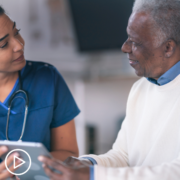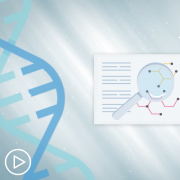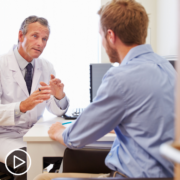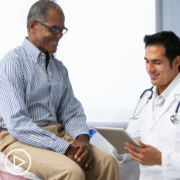Advanced Prostate Cancer Diagnosis and Survival | Black and Latinx Disparities
Advanced Prostate Cancer Diagnosis and Survival | Black and Latinx Disparities from Patient Empowerment Network on Vimeo.
For advanced prostate cancer diagnosis and survival, what are some disparities that Black and Latinx patients can help overcome? Expert Dr. Yaw Nyame with the University of Washington discusses ways that Black and Latinx communities can help shift the power dynamic for patients to help drive prostate cancer research efforts.
See More from [ACT]IVATED Prostate Cancer
Related Resources:
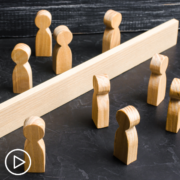
|
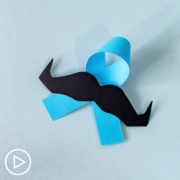
|
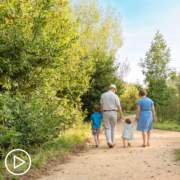
What Impact Does Advanced Prostate Cancer Have on Lifestyle? |
Transcript:
Lisa Hatfield:
So a shout-out to Dr. Nyame for an outstanding article that you wrote. I’m going to read a quote from that. Worldwide Men of African Ancestry Demonstrate Worse Outcomes in Prostate Cancer, a phenomenon driven largely by social factors that inform biologic, environmental, and healthcare risks. So, Dr. Nyame, considering the disparities and taboos on prostate cancer, how can Black and Latinx men including their care partners play a role in eliminating these racial disparities surrounding prostate cancer diagnosis and survival rates?
Dr. Yaw Nyame:
I think because of the nature of what drives these disparities, there is no doubt that cancer is a biologic phenomenon, and so there is no reason to ignore biology, but a lot of inequity in the majority of inequity is rooted in structural and social inequities that really inform health, and when I look at our traditional mechanisms for providing healthcare, there is such a power differential, whether it’s in how we provide clinical care or how we do research, and so we as a research team here at the University of Washington, fundamentally believe that we have to reverse those roles that we have to hand the power back to community, so that they’re an equal partner at the table when we do the work that we do. And so we do a lot of work that is centered around engaging community and patients and partnering with community and patients, and I think that’s one way to ensure that we develop research and interventions that create equity.
My activation tip in this particular space is for Black and Latinx communities to think of ways to be partners in research and to really embrace the fact that it is their right to be at the table when we make decisions about how research is conducted, what the results of our research means and how we share those results so that they have impact in our communities, and so there are a variety of ways to be partners in research, sometimes it’s literally being part of the research team, like we do on showing up to meetings every week, and being engaged in the work in all forms, just asking to participate in the trial, being a member and a participant in the trial and making sure that your experience counts in the way we think about advancing the field of prostate cancer and making it better for everybody.
Sherea Cary:
My activation tip in this area for care partners would be encouraging communication, encouraging the patient to share with others, other men, what their experience has been. It seems to me that when you’re in community with other people and you have something in common then the person who is experiencing cancer or an illness, feel a connection, if they know that someone that they know has had it and survived it and seems to be doing well, that’s encouraging to them, and then we also want that person to pay it forward.
So what I remember about my dad is that after he had his cancer diagnosis, he would share with other men who were facing, who were having testing done and then who had been diagnosed, he talked to them about what happened with them, and they had their own sense of community.

